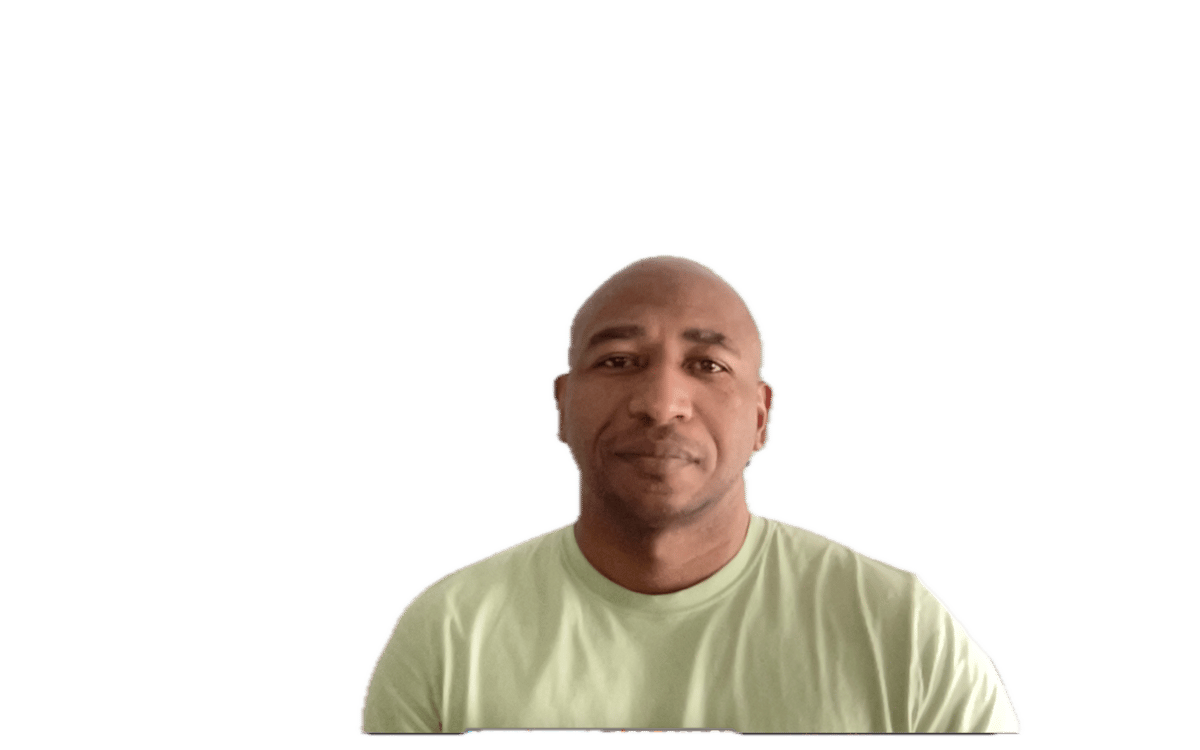April 1, 2025
“The answers you get depend upon the questions you ask.”
First time reading Leverage?
Main Message: To produce knowledge with the goal of gaining more knowledge, you need to ask insightful questions.
🔍 Step 1: Formulate Insightful Questions
What if the secret to gaining knowledge wasn’t just reading more—but asking better questions?
When we talk about knowledge production, we often imagine outputs: articles, videos, presentations, products. But the input—how we frame the problem or spark the journey—is just as important. It begins with the questions we ask. And if you’re going to produce knowledge to gain knowledge, you need to learn how to formulate insightful questions.
Why Questions Matter
Questions are more than conversation starters—they’re direction-setters. They shape what we notice, what we seek, and what we create. A shallow question leads to surface-level understanding. A deep, curious, layered question? That unlocks pathways to real insight.
Let’s say you’re studying how technology impacts education. A generic question like “Is technology good or bad for learning?” will only lead to binary thinking. But a better question—“How do specific learning technologies affect motivation among first-generation university students?”—not only invites research and exploration, it also connects purpose, population, and impact.
Characteristics of Insightful Questions
Insightful questions aren’t just clever—they’re intentional. They often have three things in common:
They invite exploration, not just answers.
Good questions don’t close a conversation—they open it. They leave room for complexity and nuance.They are context-sensitive.
An insightful question takes into account time, place, audience, and purpose.They build bridges.
The best questions often connect two or more ideas, disciplines, or perspectives that aren’t typically joined.
For example, rather than asking:
🟥 “How does social media affect self-esteem?”
Try asking:
✅ “How does TikTok’s algorithm influence identity formation among immigrant teens navigating multiple cultural expectations?”
See the difference? The second question pushes toward discovery, not just review. It positions you as a producer of knowledge.
How to Practice Formulating Better Questions
You don’t have to be an expert to ask expert-level questions. You just need to practice. Try these steps:
1. Start with curiosity.
Think about something you’ve recently read, watched, or experienced. What stood out? What confused you? What made you want to know more?
Use the Morning Brew newsletter to help you with curiosity! Sign up for Morning Brew below!
There’s a reason Morning Brew is the gold standard of business news—it’s the easiest and most enjoyable way to stay in the loop on all the headlines impacting your world.
Tech, finance, sales, marketing, and everything in between—we’ve got it all. Just the stuff that matters, served up in a fast, fun read.
Look—over 4 million professionals start their day with Morning Brew’s daily newsletter, and it only takes 5 minutes to read. Sign up for free and see for yourself!
2. Use question stems.
These can help you reframe ideas and dig deeper:
What would happen if…
How might we…
In what ways does…
Why does this matter to…
3. Shift the level of analysis.
Ask the same question from different angles: individual, group, system-wide, historical, technological, emotional. This widens your scope and reveals new insights.
4. Write 10 questions in one sitting.
Make it a personal challenge. Don't aim for perfection—just push quantity first. Then review and refine.
5. Share and test your questions.
Talk with peers, mentors, or communities of practice. Great questions get better when shared.
Turn Questions Into Learning Pathways
Every meaningful research project, business idea, creative pursuit—even personal transformation—starts with a good question. In a world of easy answers, asking better questions gives you the edge. It signals intentional thinking, invites collaboration, and turns you from a passive consumer of information into an active creator of knowledge.
So, what’s your question? Seriously—write it down. Carry it with you. Use it as a lens this week. Let it guide what you read, who you talk to, and what you produce.
Next Week: We dive into Action 2: Identifying Gaps in Existing Knowledge. Until then, keep asking—and keep building.
🧠
— Greg K. Campbell | Academic Coach & Learning Designer
Leverage: Learn Smarter, Live Better 🚀
Before you go, here are few things I can help with:
🛠 The Life Design Sprint
A guided Notion workbook to help you reflect, reset, and move forward with clarity.
Designed to help you reconnect with your values, organize your priorities, and take meaningful action — one intentional step at a time.
🎓 The Scholar Sprint
A 7-day private coaching experience designed to help you build a custom study system, beat overwhelm, and use tools like Notion and AI to learn smarter — not harder.
Perfect for students, researchers, and deep thinkers who want clarity, structure, and momentum.


